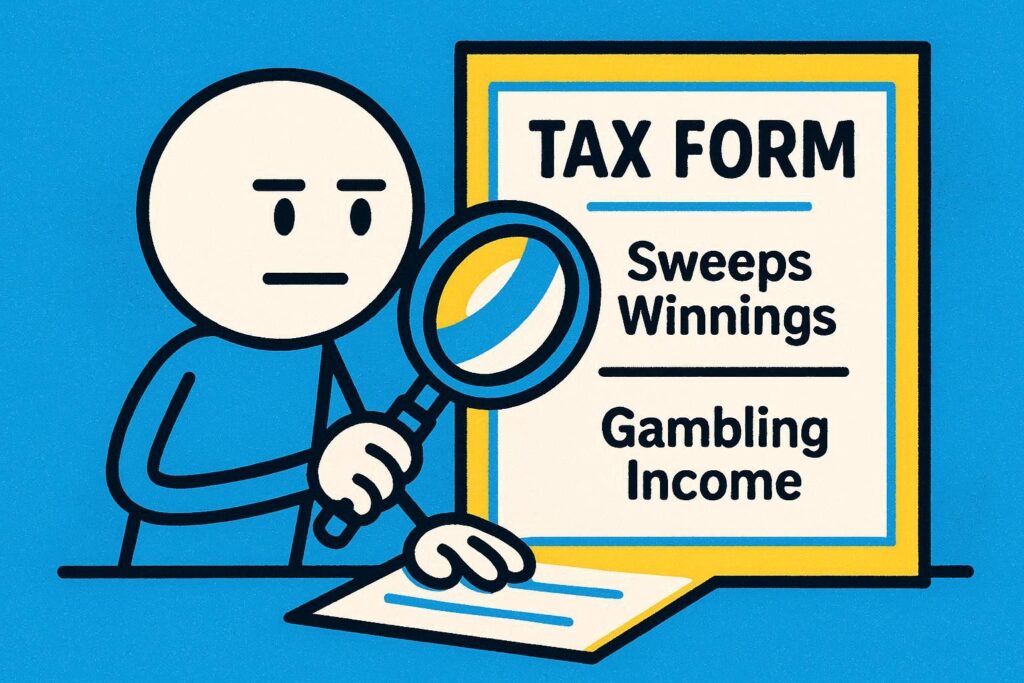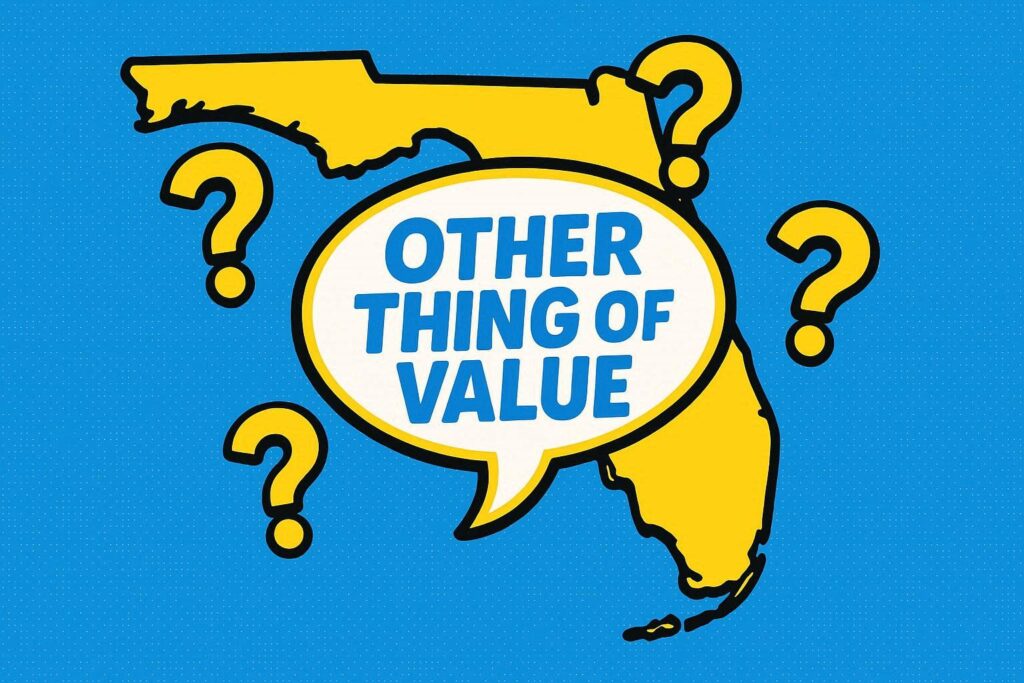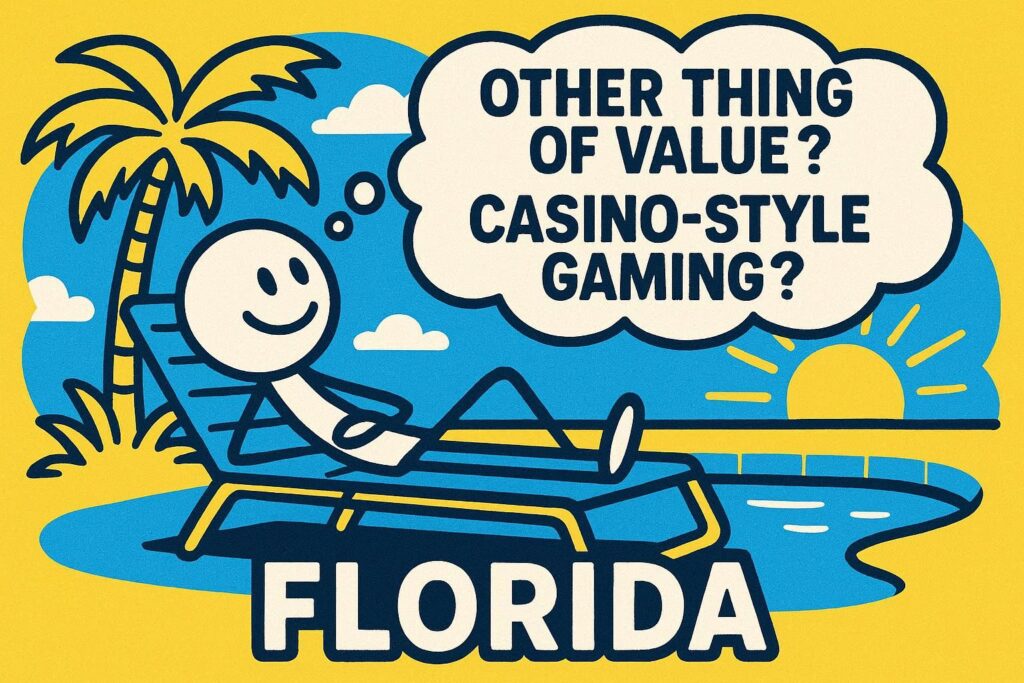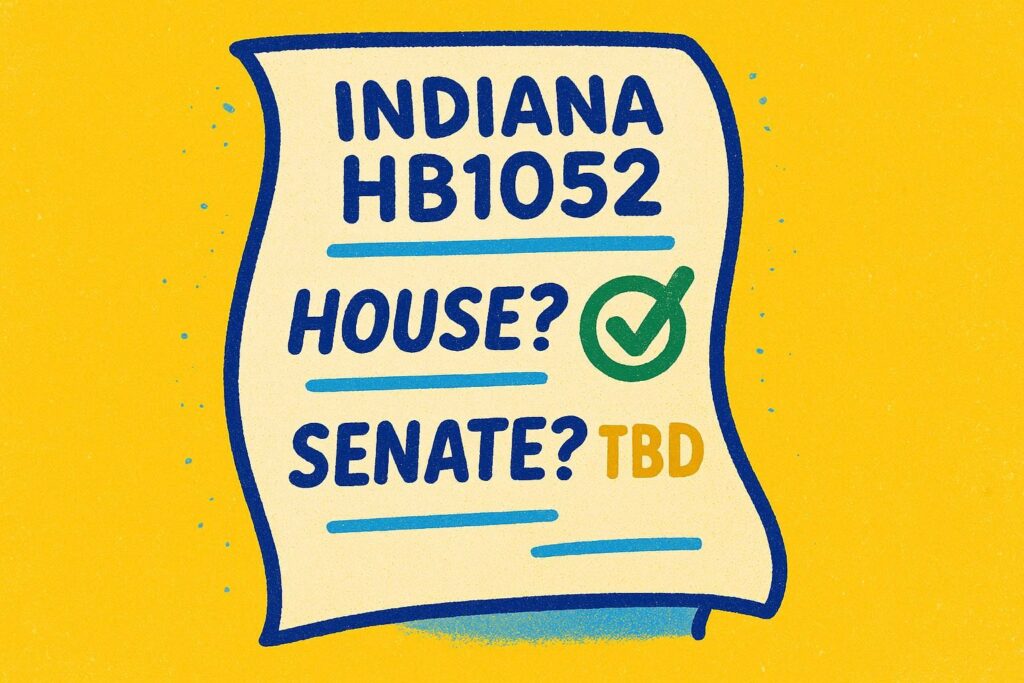The Michigan Gaming Control Board (MGCB) issued cease-and-desist letters on June 13 regarding the operations of five online gambling websites. The sites, according to the MGCB, have been marketing gaming opportunities to Michiganders without appropriate licensure.
The MGCB has been one of the most active gaming regulatory bodies in taking action against unlicensed operators targeting players in its state, with some of its actions receiving support from the Michigan attorney general’s office. These enforcement maneuvers have aimed at social and sweepstakes casinos as well as offshore websites.
MGCB names five more websites as illegal operators
According to a Friday press release, this latest batch of demands for operators to stop marketing to players in Michigan affects:
- BoVegas Casino
- BUSR
- Cherry Gold Casino
- Lucky Legends
- Wager Attack Casino
All five brands are based outside of the United States, with countries of registration including Australia and Curaçao. None of them have licenses from the MGCB to offer real-money gaming products to Michiganders.
As a result, the MGCB is demanding “that each operator immediately halt all gaming activities in Michigan” with 14 days to comply before actions get referred to the Michigan attorney general. While enforcement authority is questionable, just the threat of legal action has sufficed to produce the MGCB’s desired result in the past.
MGCB’s demands have paid off despite limited reach
The MGCB has been active on this front over the past two years, sending cease-and-desist orders affecting dozens of websites. To date, those actions have gotten some support from Michigan Atty. Gen. Dana Nessel, with her office sending out a notice to people in the state to limit their gaming to licensed operators in February 2024.
Two factors play into Nessel’s office not taking further actions to date. First, many of the operators of the websites named in the MGCB’s demands have responded in kind without the MGCB needing to escalate the matter.
For example, prominent offshore casino Bovada stopped servicing players in Michigan just weeks after a demand from the MGCB. Virtual Gaming Worlds has similarly added Michigan to its restricted list for its brands Chumba Casino, Global Poker, and Luckyland Slots, following identical correspondence.
Secondly, Nessel’s office is limited in the action it can take against foreign operators. Without cooperation from the appropriate governments, prosecuting business owners for violations of Michigan law could be difficult.
The compliance with the MGCB’s wishes might explain why legislators in Michigan have not taken action on proposals to limit the operations of social/sweepstakes casino sites, as many other states have. The consensus might be that existing statutes are sufficient to restrict such gaming, although the application of the existing laws to social and sweepstakes gaming has not been tested in federal or Michigan courts yet, either.
That might never occur if the MGCB’s success rate in gaining its desired end continues to be high. So far, many operators of websites like BUSR and Wager Attack have decided that their business in Michigan isn’t worth the potential cost of defying the MGCB.








